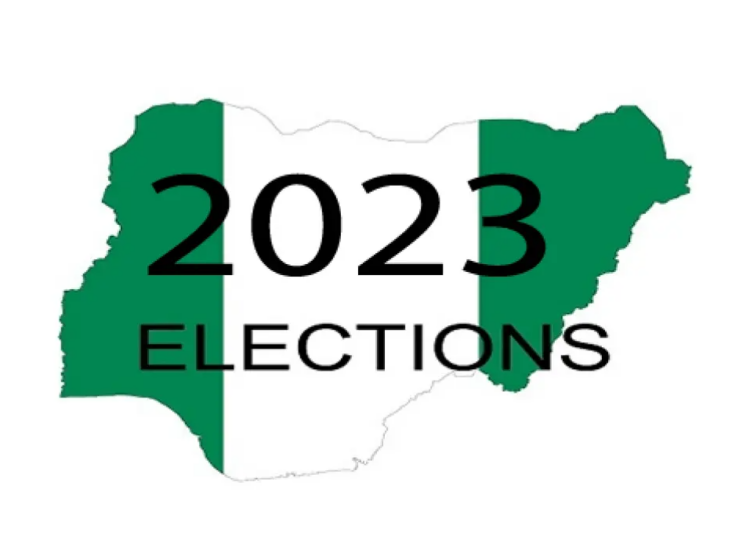There is a compelling reason to demand that former governors render account on how they managed the commonwealth entrusted to them by Nigerians during the period they were in office.
The last general election saw a change of guard in a number of states. While a new president was elected, 18 new governors emerged on the scene to join their counterparts who were either re-elected for a second term or were already serving their first tenures having been elected into office during off season elections.
Within the last eight years, state and federal debts had soared unprecedentedly. Revenue generation was nowhere near what was required. Neither was there a significant cut in the extravagance of political office holders.
Granted that the infamous COVID-19 pandemic, and much later, the Russia/Ukraine war happened within the period under review, many still are of the opinion that not much ingenuity was deployed by government at national and subnational levels to address the economic situation that almost brought the nation to its knees.
The resort to borrowing became fashionable as the outgone government continued on that easy but unsustainable path, even days to its exit.
However, with the transition process over, the need to take stock of how the previous administrations performed vis-à-vis the resources they controlled comes into view.
This demand follows the natural order of things that to whom much is given, much is expected. But there is more. This newspaper is of the opinion that there is an urgent need to inculcate the much elusive culture of accountability in the psyche of all political actors if the essence of public service is to remain revered in this clime.
What is more worrisome is that some of these former governors continued to live above the economic realities of a heavily indebted country. Hardly did we hear or see of any reduction in overhead costs
Indeed, many have made the case of how expensive the presidential system is compared to the parliamentary system within a democratic sphere. Yet, we do believe that it is possible to have a less-expensive presidential system if the will is there.
Nonetheless, we have noticed the move by some incumbent governors to embark on this drive and therefore seek accountability and recovery of looted properties of state.
While some governors have gone about it in ways that smack of raw vendetta tilting towards sheer political revenge, others have adopted a more measured approach.
To be clear, we do not encourage any measure that would throw the state into political chaos and spark needless tensions at this time when every resource is needed for the well-being of the people.
But we do believe that a culture of accountability is needed if only to ensure that people do not continue to see management of the public purse as merely a route to get stupendously rich
It is ridiculous enough that governors who served in 1999 are still being tried for corruption till date. We have also seen the ritual of the anti-graft agencies inviting former governors at the end of each political dispensation to answer petitions filed against them. These petitions are later filed in court joining the long list of old petitions.
We urge the authorities concerned to bring this trend to an end if the essence of public service is not to be lost or, for that matter, exacerbate mistrust of government by citizens. The repercussions are only better imagined.
We are persuaded to suggest that the needful be done by starting with this new dispensation. The much needed political will to rewind the clock and get it ticking the right way can still happen.
We urge the incumbent governments to see the bigger picture and ensure that they act in ways that would reassure the masses and buoy their confidence in government.
The calls from various eminent Nigerians for accountability are rising. We think these calls should not be summarily dismissed.
We also urge the other stakeholders, the anti-graft agencies and the judiciary to expedite action on the pending cases. The perception about the way they are handling these cases is not favorable. Of course, the challenges within the system, especially political interference abound, but the need to place public interest above parochial interest of a few can never be less sacrosanct and urgent.





